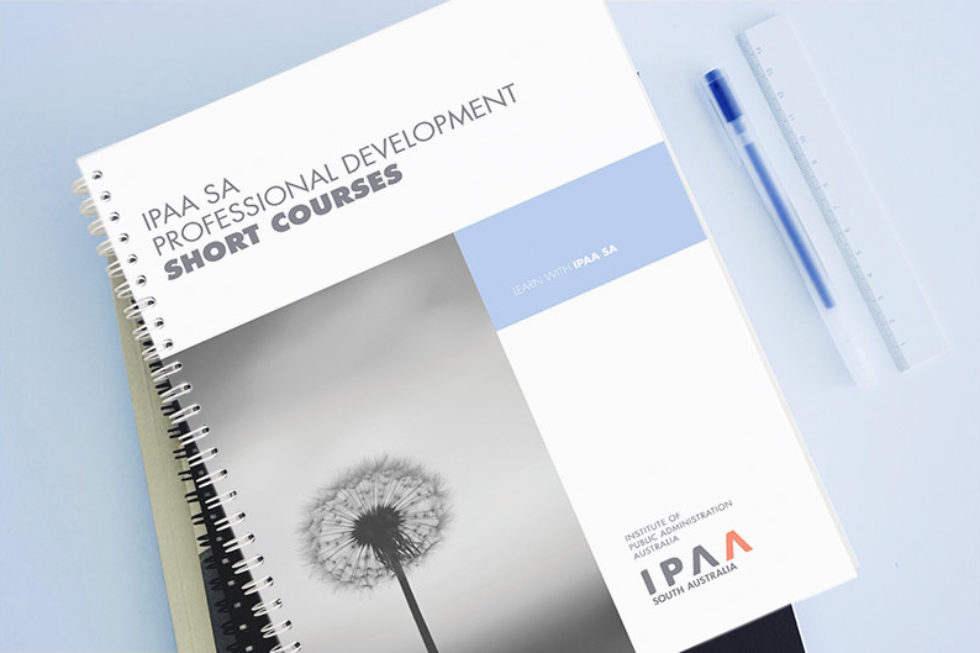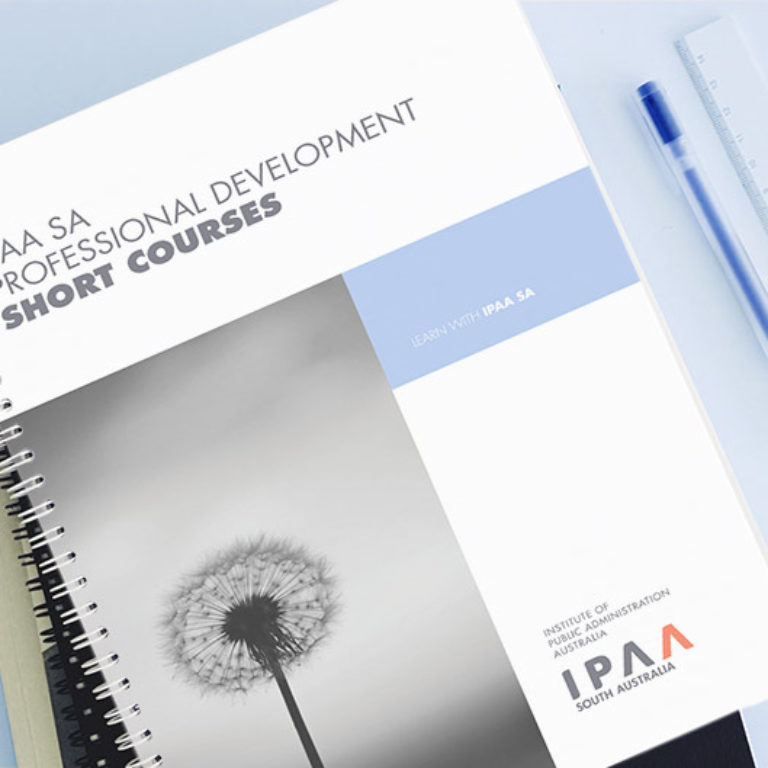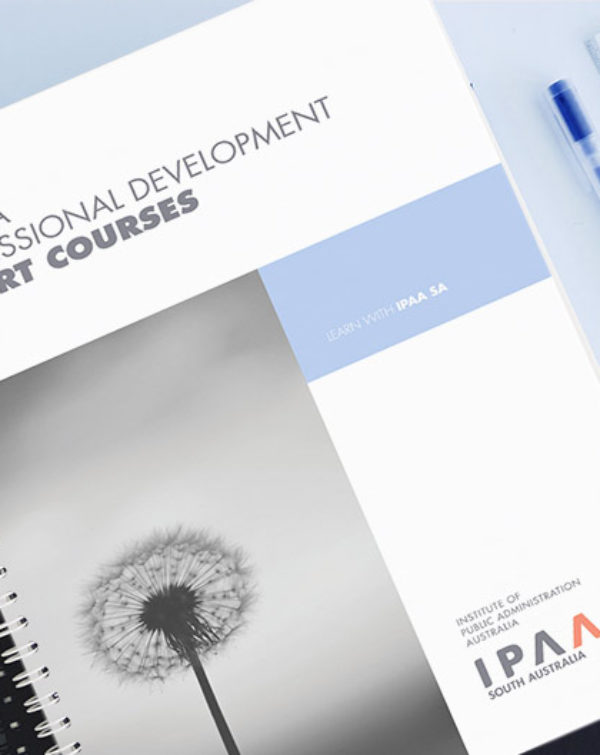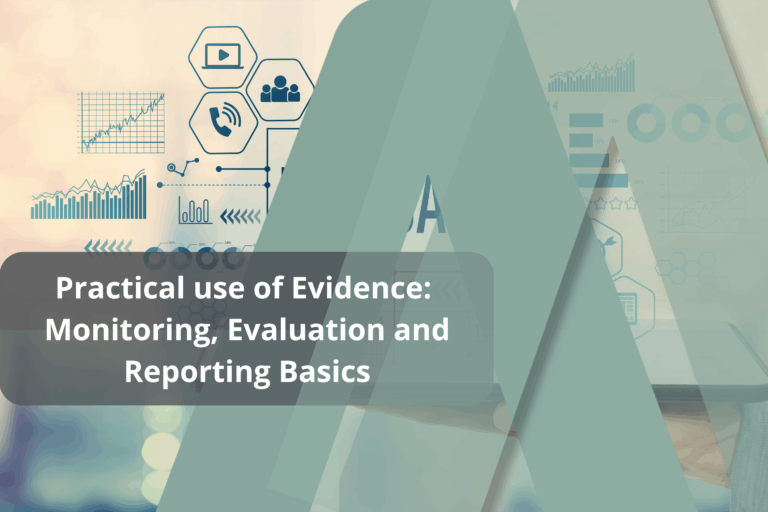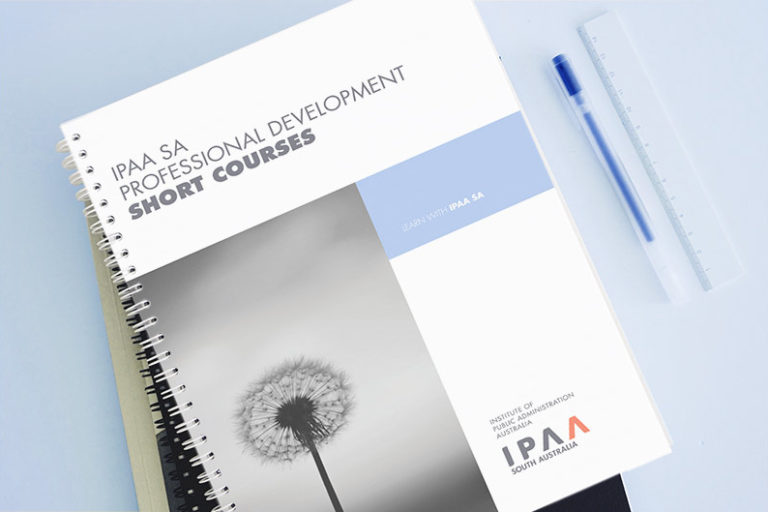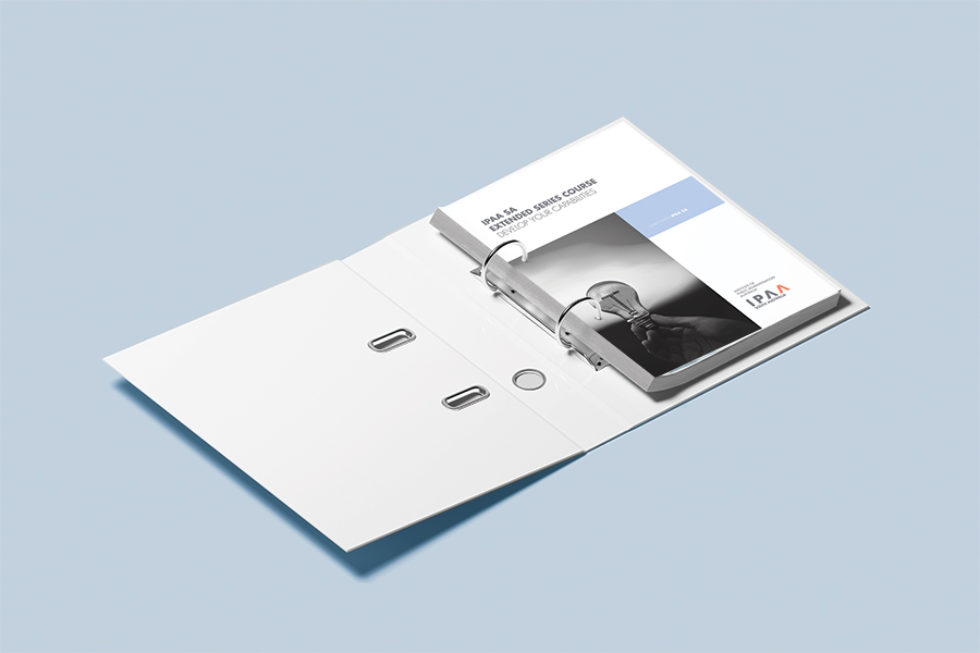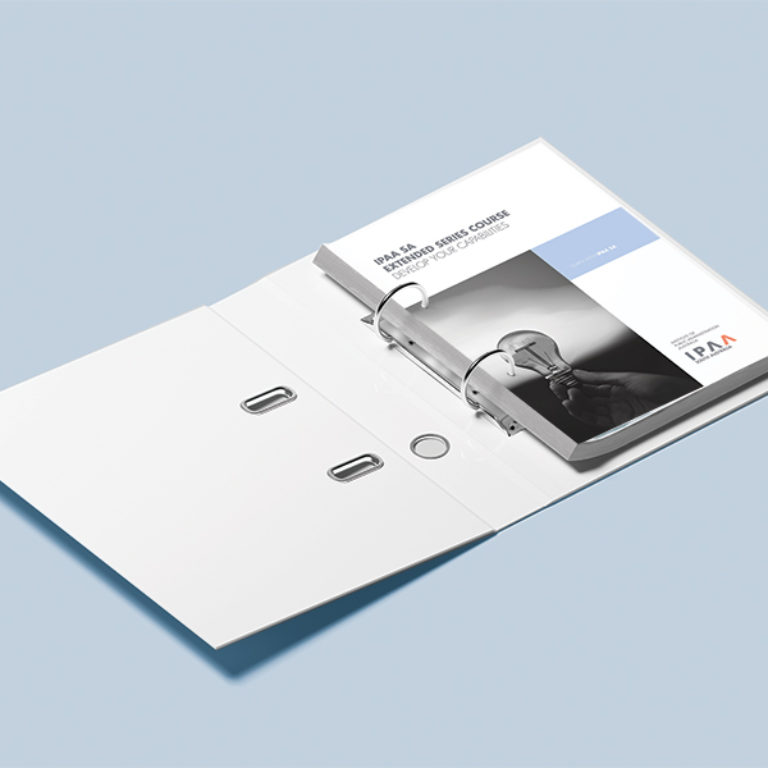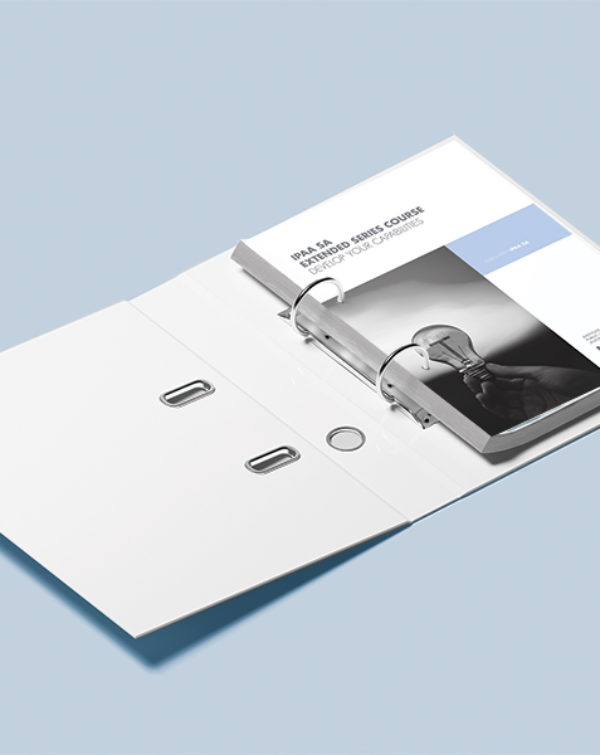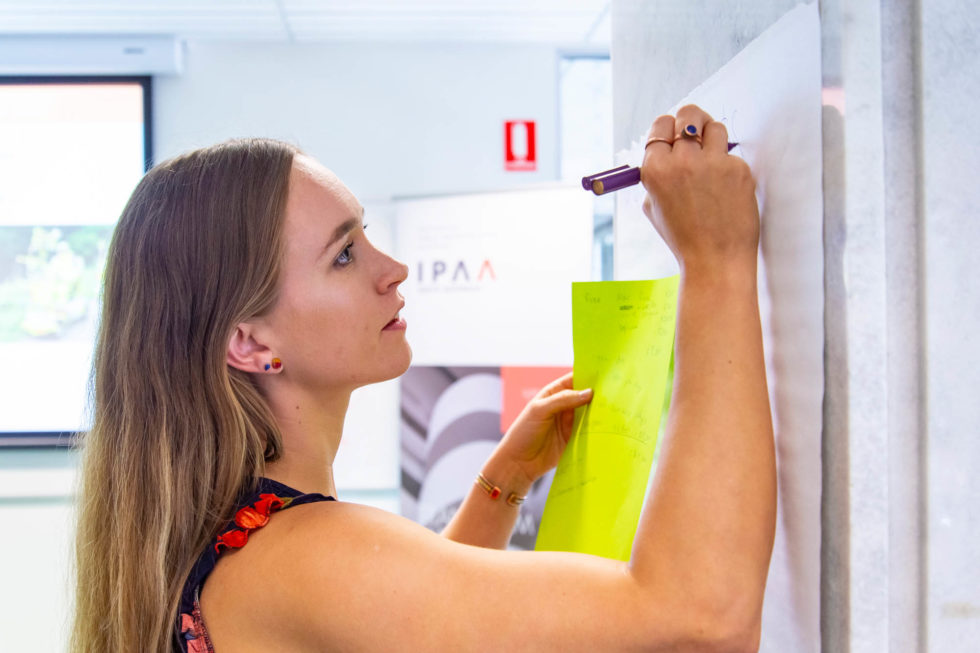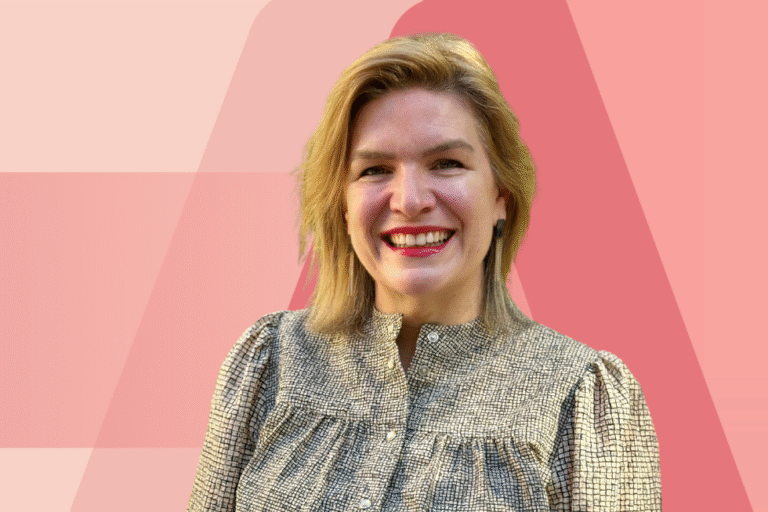Conflict Management: Self-Resolution in the Workplace
Conflict is inevitable in work and life, so when it occurs it is essential to deal with it in a productive manner. This course will assist you in developing strategies and skills to handle conflict in ways that will enable growth and change for all involved.


